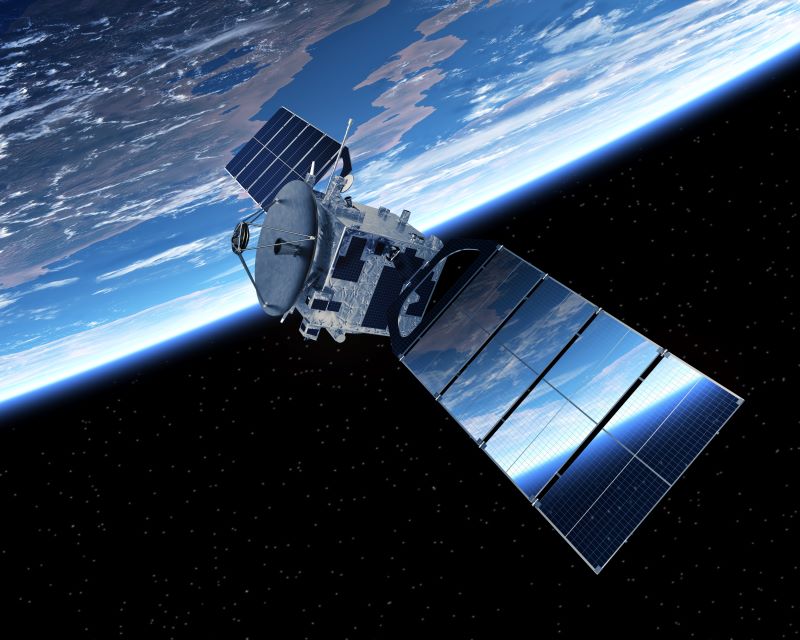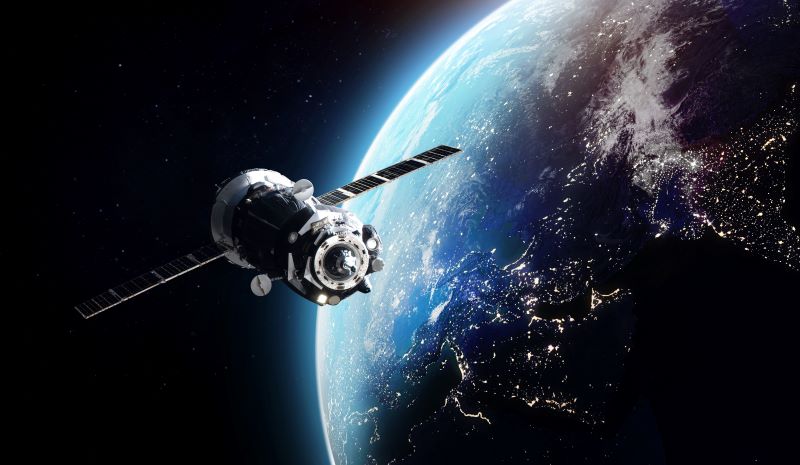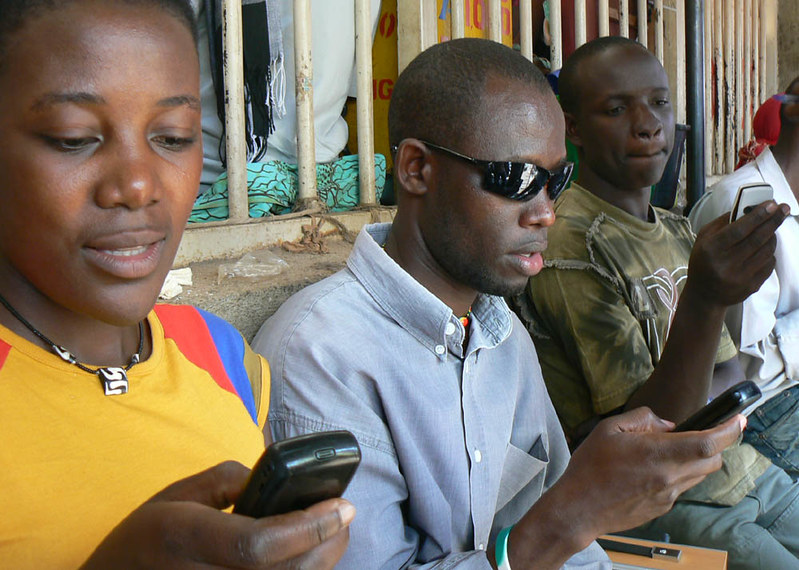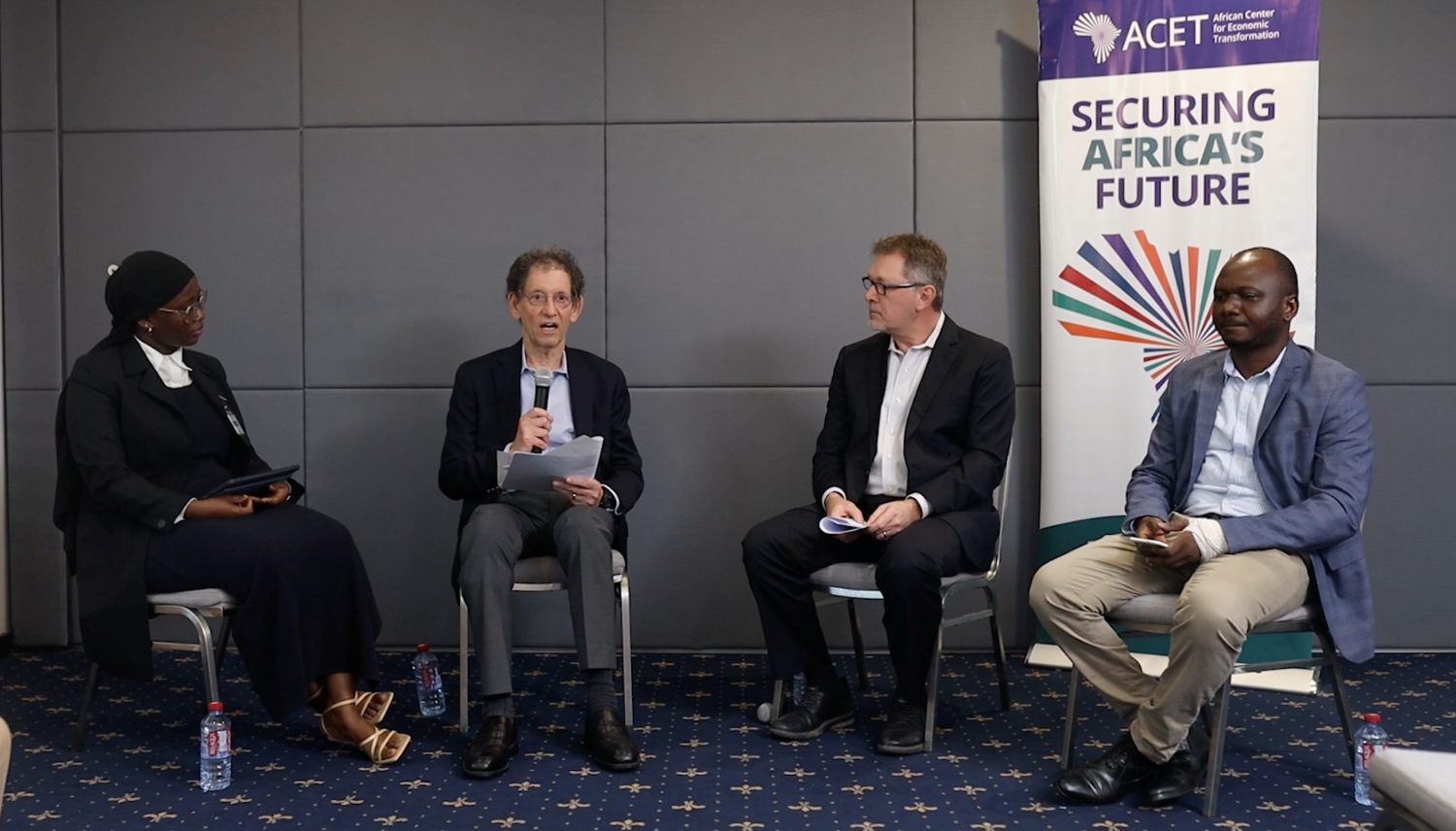Every nation on Earth uses space in some way. Satellite communications, GPS, and satellite remote sensing are woven into the fabric of the world economy, and more nations are starting to realize that it’s in their national interest to develop an endemic, foundational space capability. The United States, as a global leader in space, has a unique opportunity to establish enduring diplomatic, commercial, and security ties with African nations through space cooperation and development—with the potential to yield substantial development benefits.
China and Russia have been cultivating African customers in the space sector for years, but the US doesn’t seem to be paying much attention. Two primary barriers limit comprehensive US-Africa space cooperation: (1) the lack of a “front door” or clear entry point for actors seeking to engage the United States on space-related goals or projects; and (2) a limited long-term strategy for US-Africa space cooperation or developing space-related capabilities, leading to a shortsighted approach to African partners that fails to recognize both the draw of potential US-space cooperation and African potential for independent contributions to the space sector.
The US has many options at hand to remove these barriers to better US-Africa space cooperation. The Build Back Better World (B3W) initiative led by the Biden administration, for example, is designed to counter China’s Belt and Road Initiative (BRI) by providing a private finance alternative. Tools such as the US Export-Import Bank (EXIM), US International Development Finance Corporation (DFC), and US Trade and Development Agency’s “Access America” initiative could reduce the perceived risk for US space companies and accelerate private sector engagement with emerging space actors. Government-to-government cooperation and assistance should be seriously considered, especially as space cooperation would be seen as a highly desirable offer by many developing countries.
Lastly, it’s time to energize the US approach by thinking about space as infrastructure in its own right, a critical component of the digital age, like power and roads, that enables full participation in the global economy. In the recently released Presidential Budget Request for 2023, the Biden administration called for the revitalization, expansion and modernization of the US diplomatic and development workforce. It’s the perfect time to bring future-leaning skills to the table and finally put space development on the map.
What would a robust US program look like, and how can the US seize the opportunity to maintain its leadership on all things orbital? I explore that in my new paper and policy brief, “Recommendations for US-Africa Space and Development Cooperation.”
CGD blog posts reflect the views of the authors, drawing on prior research and experience in their areas of expertise.
CGD is a nonpartisan, independent organization and does not take institutional positions.







